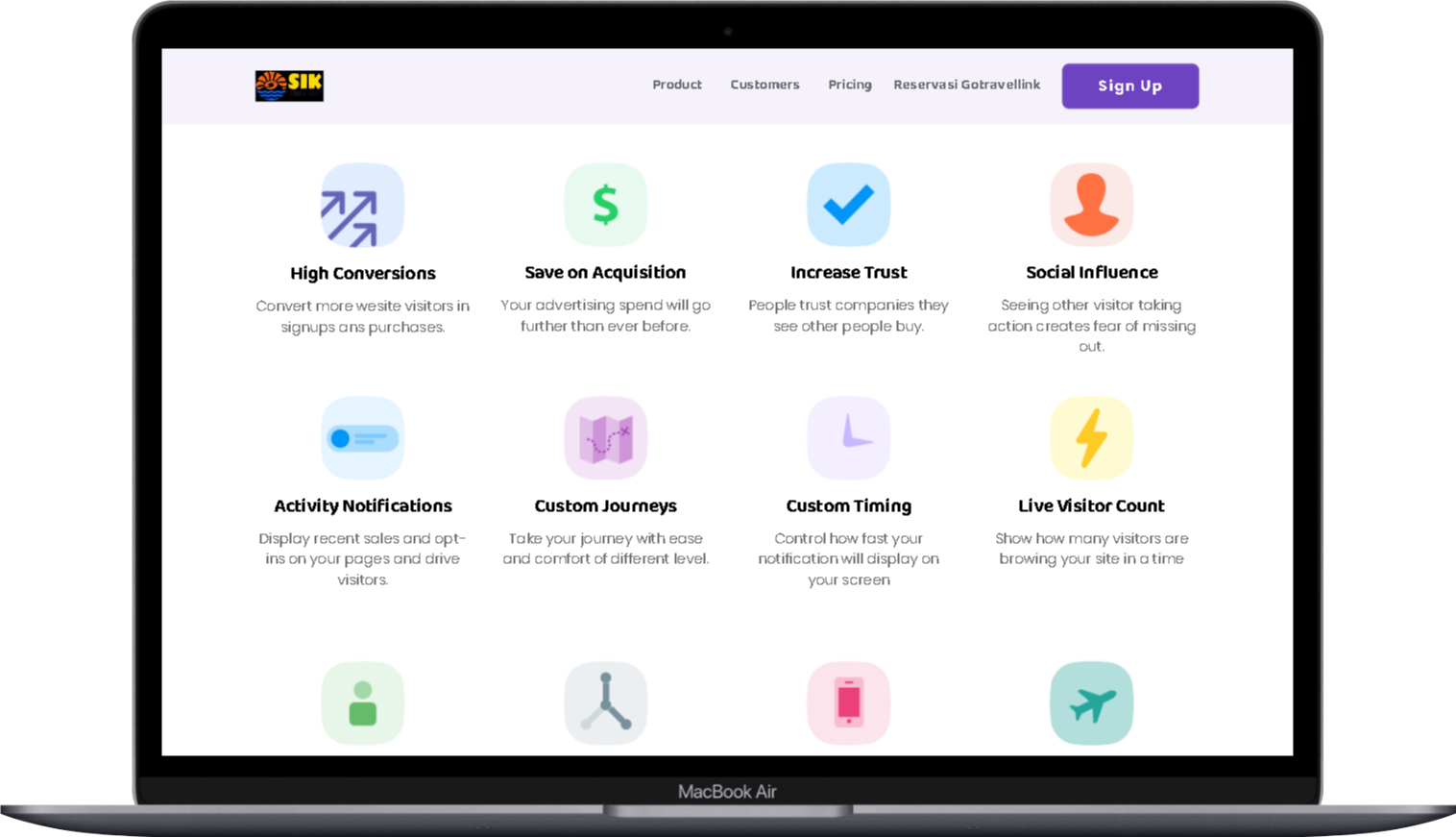IT Service


- Menganalisis kebutuhan teknologi perusahaan
- Mengevaluasi sistem IT perusahaan
- Memberikan rekomendasi solusi yang tepat
- Merancang dan memperbaiki sistem IT
- Mengimplementasikan solusi teknologi yang telah dirancang
- Memantau sistem dan jaringan komputer yang telah di desain
- Menulis laporan untuk klien
- Membantu perusahaan dalam mengembangkan strategi IT yang selaras dengan tujuan bisnis
- Membantu perusahaan dalam mengatasi masalah
- Membantu perusahaan dalam meningkatkan efisiensi operasional
- Membantu perusahaan dalam mengakses teknologi terkini
- Membantu perusahaan dalam mengurangi risiko
- Membantu perusahaan dalam fokus pada core business
- Memahami kepribadian dan harapan klien
- Memiliki pengetahuan dan keahlian di bidang informatika dan pemrograman
- Memiliki kemampuan penyelesaian masalah kompleks
- Memiliki kemampuan administrasi dan manajemen
- Memiliki kemampuan komunikasi
- Memiliki kemampuan analisis sistem dan evaluasi sistem
- Memiliki kemampuan bahasa inggris
Portofolio

Lorem ipsum dolor sit, amet consectetur adipisicing elit. Perferendis ipsa saepe quibusdam totam. Aliquam sunt veritatis ad architecto, placeat earum unde odio, hic dolorem soluta vel corporis deserunt dicta quibusdam?
Read More
Lorem ipsum dolor sit, amet consectetur adipisicing elit. Perferendis ipsa saepe quibusdam totam. Aliquam sunt veritatis ad architecto, placeat earum unde odio, hic dolorem soluta vel corporis deserunt dicta quibusdam?
Read More


